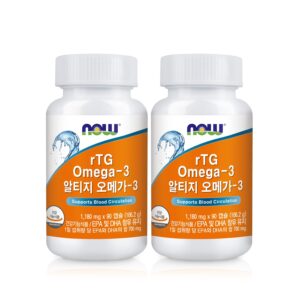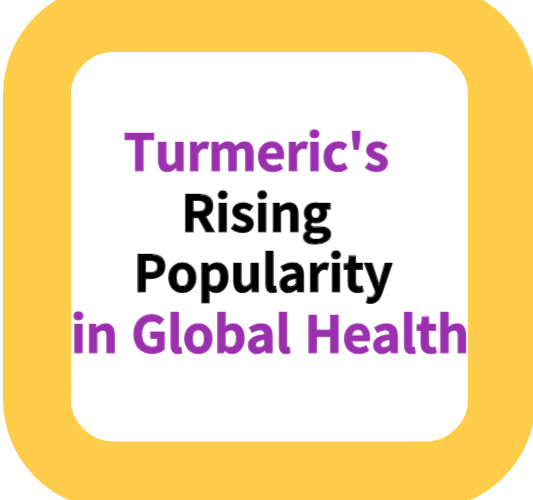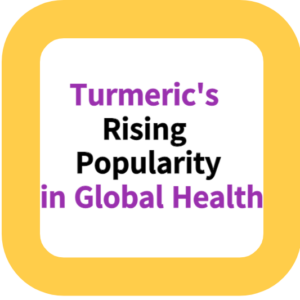People for whom turmeric can be harmful
Welcome to our latest blog post where we delve into the fascinating world of turmeric and curcumin, renowned for their potent antioxidant properties and their significant role in preventing serious health conditions such as dementia, diabetes, and cancer. However, despite these benefits, turmeric and curcumin are not suitable for everyone.
This article explores the necessary precautions for specific groups—such as individuals with sleep disorders, those on blood thinners or blood pressure medications, diabetics, pregnant women, and the elderly—to ensure safe consumption. We also discuss the interactions of turmeric with various medications and health conditions, and provide professional advice on consulting healthcare providers before adding these supplements to your regimen.
Join us as we navigate the complexities of incorporating turmeric and curcumin into a healthy lifestyle, ensuring that you are fully informed about both their incredible benefits and potential risks.
People for whom turmeric can be harmful

Introduction: Benefits of Turmeric and Curcumin
Turmeric and its active component curcumin are known for their powerful antioxidant properties. They are highly regarded for their potential to help prevent serious health conditions such as dementia, diabetes, and cancer due to their ability to combat oxidative stress and inflammation.
Caution for Individuals with Sleep Disorders
Curcumin can stimulate the central nervous system similarly to caffeine, which may aggravate conditions such as insomnia. It is particularly advised that individuals with sleep disorders avoid consuming curcumin in the evening to prevent disruptions in their sleep patterns.
Warning for Blood Thinner Users
Individuals taking anticoagulants like warfarin should exercise caution when consuming curcumin. Curcumin can enhance the blood-thinning effect of these medications, increasing the risk of excessive bleeding, which could be potentially dangerous.
Blood Pressure Medication Users Beware
People on blood pressure medications should be cautious about adding curcumin to their regimen. Curcumin has the potential to lower blood pressure further, which can lead to hypotension if combined with other antihypertensive drugs.
Diabetes Medication Interaction
Those who manage their diabetes with medication should consult with their healthcare provider before using curcumin. Curcumin can lower blood sugar levels, posing a risk of hypoglycemia if it interacts with diabetes medications.
Pre-Surgical Caution
Patients scheduled for surgery are advised to stop taking turmeric and curcumin at least two weeks in advance. Curcumin’s blood-thinning properties can impair blood clotting during surgery, increasing the risk of excessive bleeding.
Gallbladder Conditions
Individuals with gallbladder issues such as gallstones or bile duct problems should avoid curcumin. It stimulates bile production, which can exacerbate these conditions and lead to severe complications.
Pregnancy Precautions
Pregnant women should avoid high doses of curcumin, as it can induce uterine contractions. While occasional consumption in small amounts, such as in food, is generally safe, concentrated forms or supplements should be strictly avoided during pregnancy.
Elderly and Physically Weak Individuals
The elderly or those with weak physical health might experience adverse effects from the spicy nature of turmeric. Symptoms can include digestive discomfort, nausea, and diarrhea. It’s advisable for individuals with a sensitive stomach or digestive issues to limit their intake of turmeric.
Conclusion: Personal Health Considerations When Consuming Turmeric and Curcumin
While turmeric and curcumin offer numerous health benefits, they are not suitable for everyone. The potential for adverse health effects means that one should always consult with a healthcare professional to determine if these supplements are safe based on their personal health condition. Such a proactive approach ensures that the benefits of turmeric and curcumin can be enjoyed without risking one’s health.

쿠팡파트너스 활동을 통해 일정액의 수수료를 제공받을 수 있습니다.











